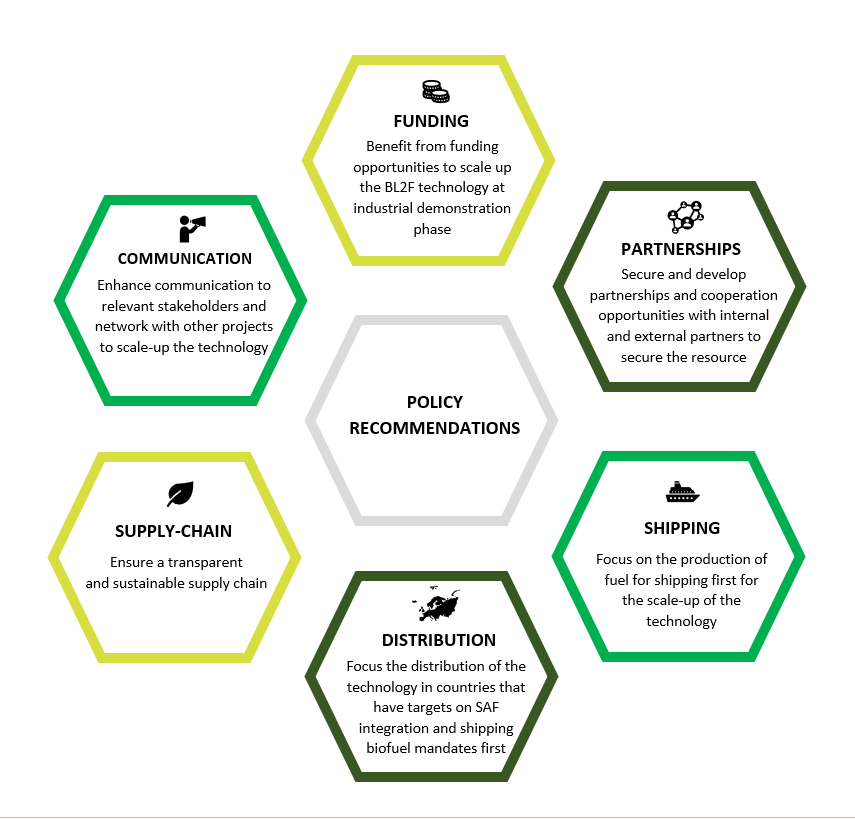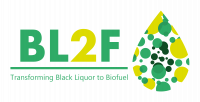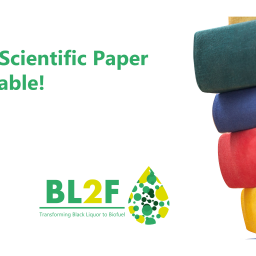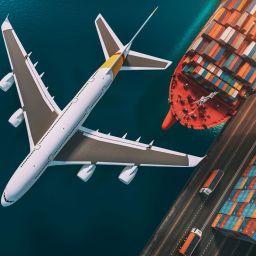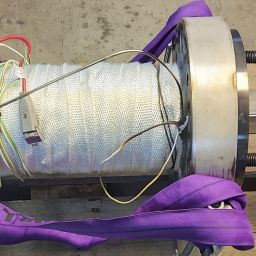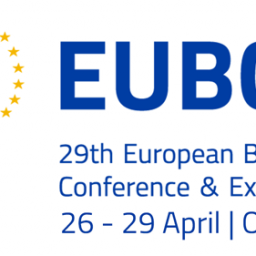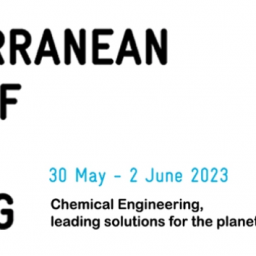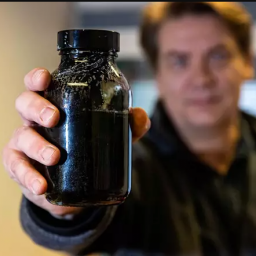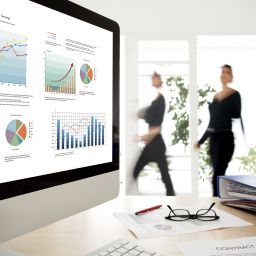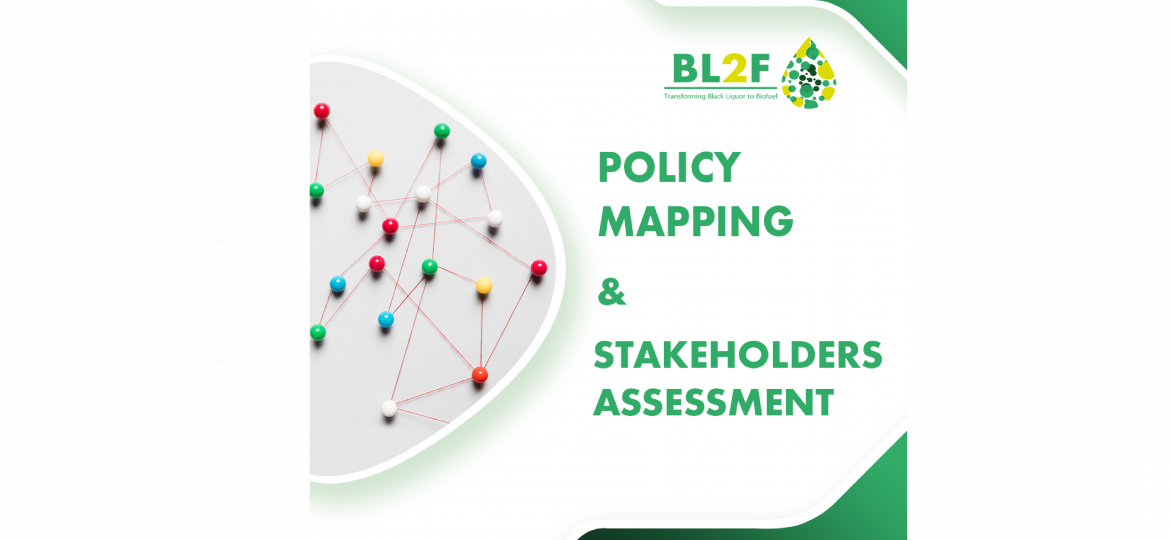
The Deliverable D6.1 Policy Mapping and stakeholders assessment is now available to view on the BL2F website!
Written by Mathilde Legay and Adéola Jaiyeola
In Europe, the transport sector contributes to nearly 27% of greenhouse gas (GHG) emissions and is the major cause of urban air pollution. Compared to other sectors, the transport industry has not seen the same significant reduction in pollution since 1990 as they have, and is undergoing constant growth. International aviation, although contributing to only a few percent of GHG emissions globally, is responsible for the highest percentage increase in greenhouse gas emissions of the last 30 years (129% from 1990 to 2017), followed by international shipping (+32 % in the same time period). The decarbonisation of aviation is a challenge, and it is projected to grow by nearly 70% by 2050 . The main challenges are the attractive pricing of fossil fuels and the long replacement time of aircrafts.
Biofuels can help decarbonise the shipping and aviation industry and reduce dependence on fossil fuels. They present the advantage that they are compatible with the existing infrastructure – and are referred to as “drop-in biofuels” for this reason. At the same time, drop-in biofuels have a high energy content, which allows them to be major contributors to decarbonise long-distance transportation.
The Policy Mapping report presents the results of a policy and stakeholder assessment, analysing direct or indirect influences on the uptake of the BL2F technology. It provides an overview of the policy framework at three levels of policy making: at a global scale, at the European level and a national level with focus on nine European countries (Denmark, Finland, France, Germany, Italy, Netherlands, Norway, United Kingdom and Sweden). The analysis of major EU directives and national policies allows for the identification of general regulatory trends concerning biofuels use and production.
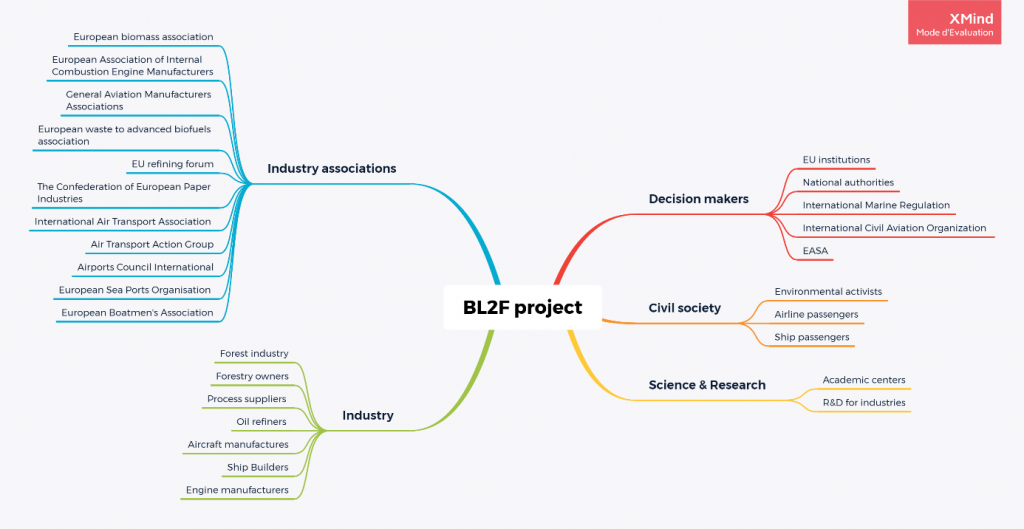
Figure 1. Stakeholders relevant to the BL2F project
International Policies
At the international level, the decarbonisation of aviation and shipping is supported through the Carbon Offsetting and Reduction Scheme for International Aviation (CORSIA) and the International Maritime Organization (IMO). CORSIA aims at stabilising flight emissions at 2020 levels, while the IMO aims at halving the maritime emission by 2050. European Policies At the European level, aviation is part of the EU Emissions Trading System (EU ETS) for flights within the European Economic Area (EEA), and shipping will also be included in the EU ETS in the future. Advanced biofuels in aviation & shipping are only supported through a small incentive with Renewable Energy Directive II (RED II), where non-food-based biofuels can be counted 1.2 times their energy content. Non-food based biofuels can also opt in to contribute to the national target of 14% of renewables in transport by 2030.
European Policies
At the European level, aviation is part of the EU Emissions Trading System (EU ETS) for flights within the European Economic Area (EEA), and shipping will also be included in the EU ETS in the future. Advanced biofuels in aviation & shipping are only supported through a small incentive with Renewable Energy Directive II (RED II), where non-food-based biofuels can be counted 1.2 times their energy content. Non-food based biofuels can also opt in to contribute to the national target of 14% of renewables in transport by 2030.
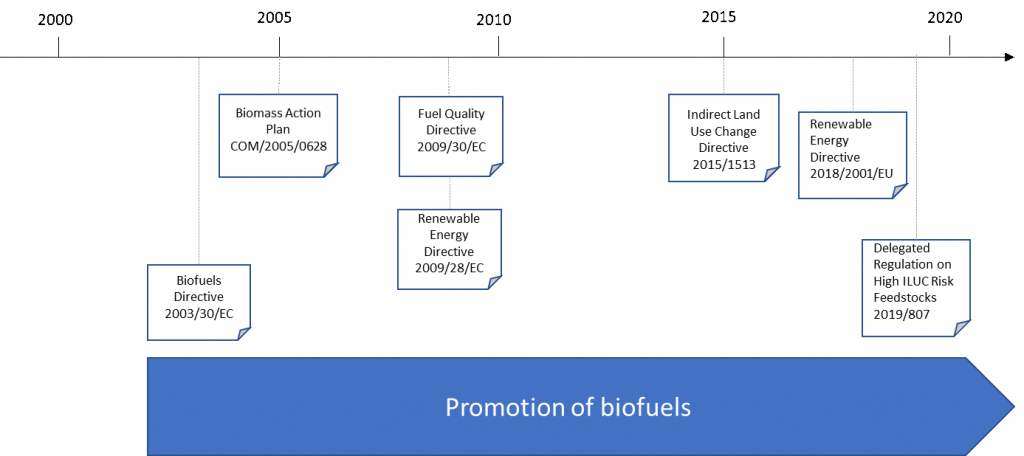
Figure 2. Timeline of European measures promoting biofuels
National Policies : towards more progressive policies with advanced biofuels
At the national level, the nine European countries of the study are moving forward with policies enhancing the use of advanced biofuels, driven by the European directives such as the Indirect Land Use Change Directive and RED II. The main instruments used are advanced biofuel mandates: eight national advanced biofuel mandates in transportation were identified, three of them in aviation or shipping. The number of advanced biofuels mandates have gradually been increasing with time, with more ambitious goals being set. Three countries stand out from the analysis for their progressive policies on advanced biofuels for aviation and shipping: United Kingdom, Norway and Denmark.
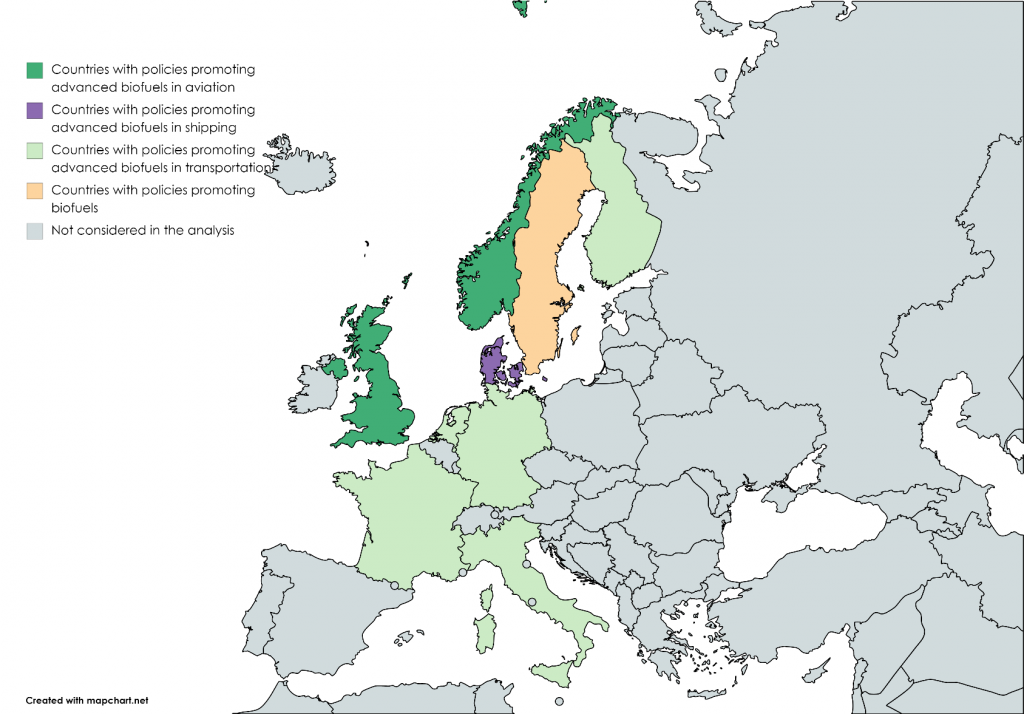
Figure 3. Advanced biofuels policies in European countries as of September 10th, 2020
Recommendations for the BL2F technology
A set of recommendations was consolidated for the industry of advanced biofuels for aviation and shipping on how to better benefit from existing policy mechanisms and facilitate the success of the BL2F technology:
